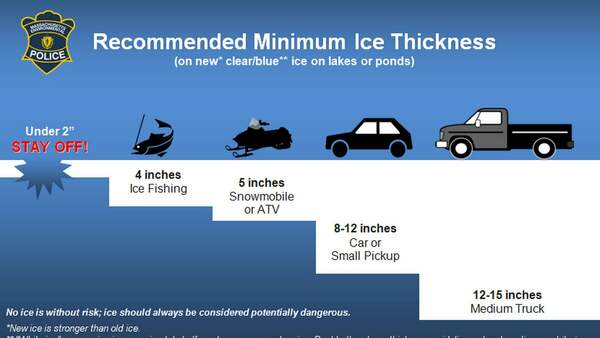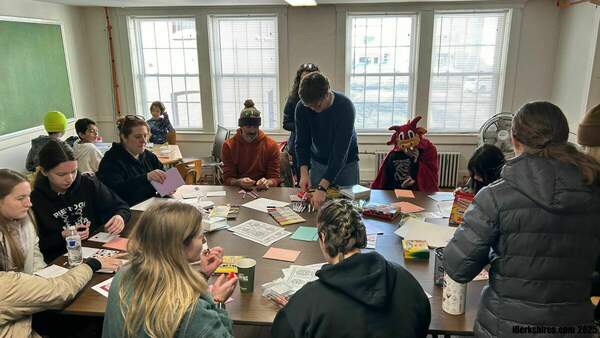West Nile Virus Found In Pittsfield Mosquito Specimen
 |
The mosquito sample was collected on June 26 and tested at the State Laboratory.
WNV is usually transmitted to humans through the bite of an infected mosquito. While WNV can infect people of all ages, people over the age of 50 are at higher risk for severe disease.
"There is there is no need for immediate concern since one positive mosquito is not an indicator of the upcoming season," said Merridith O'Leary, Pittsfield's health director. "However today's findings are a good reminder of the importance of protecting ourselves and our families from the threat of mosquito-borne illness."
O'Leary said residents should "make it a habit to apply bug spray before heading out or wear long sleeves or pants if weather permits, and head inside if you find you're getting bitten by mosquitoes."
• Apply Insect Repellent when Outdoors
DEET products should not be used on infants younger than 2 months and should be used in concentrations of 30 percent or less on older children. Oil of lemon eucalyptus should not be used on children younger than 3.
• Be Aware of Peak Mosquito Hours
The hours from dusk to dawn are peak biting times for many mosquitoes. Consider rescheduling outdoor activities that occur during evening or early morning.
• Drain Standing Water
Mosquitoes lay their eggs in standing water. Drain or discard items that hold water, such as flowerpots, gutters, drains and wading pools. Change water in birdbaths frequently.
• Install or Repair Screens.
Keep mosquitoes outside by having tightly-fitting screens on all of your windows and doors.
More information about mosquito-borne disease is available at the state Department of Public Health: to learn more about mosquito control in Pittsfield or report problem areas, contact Chris Horton at Berkshire County Mosquito Control Project at 413-447-9808.
Tags: mosquito, pests, West Nile,















